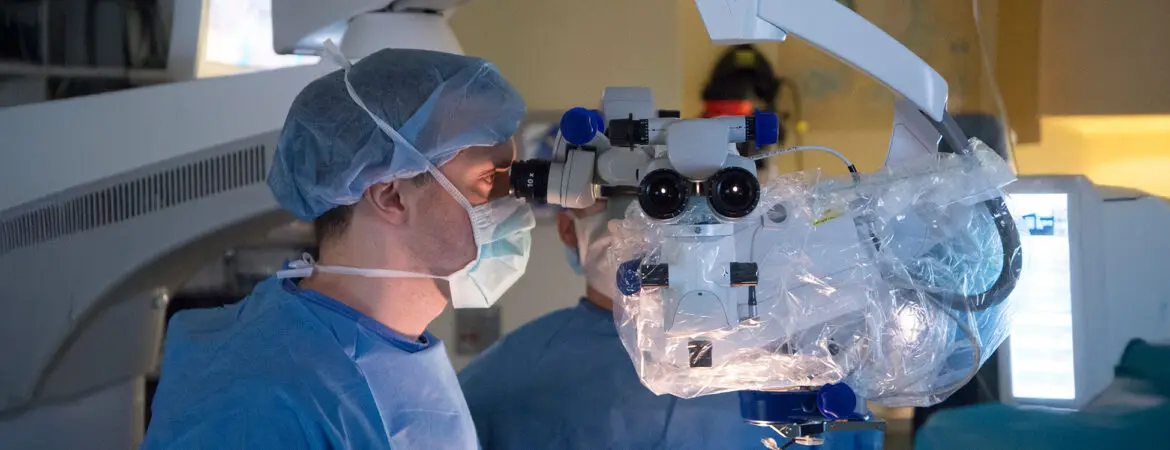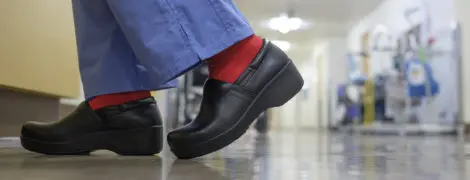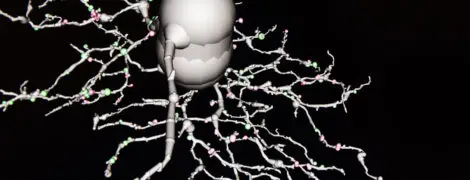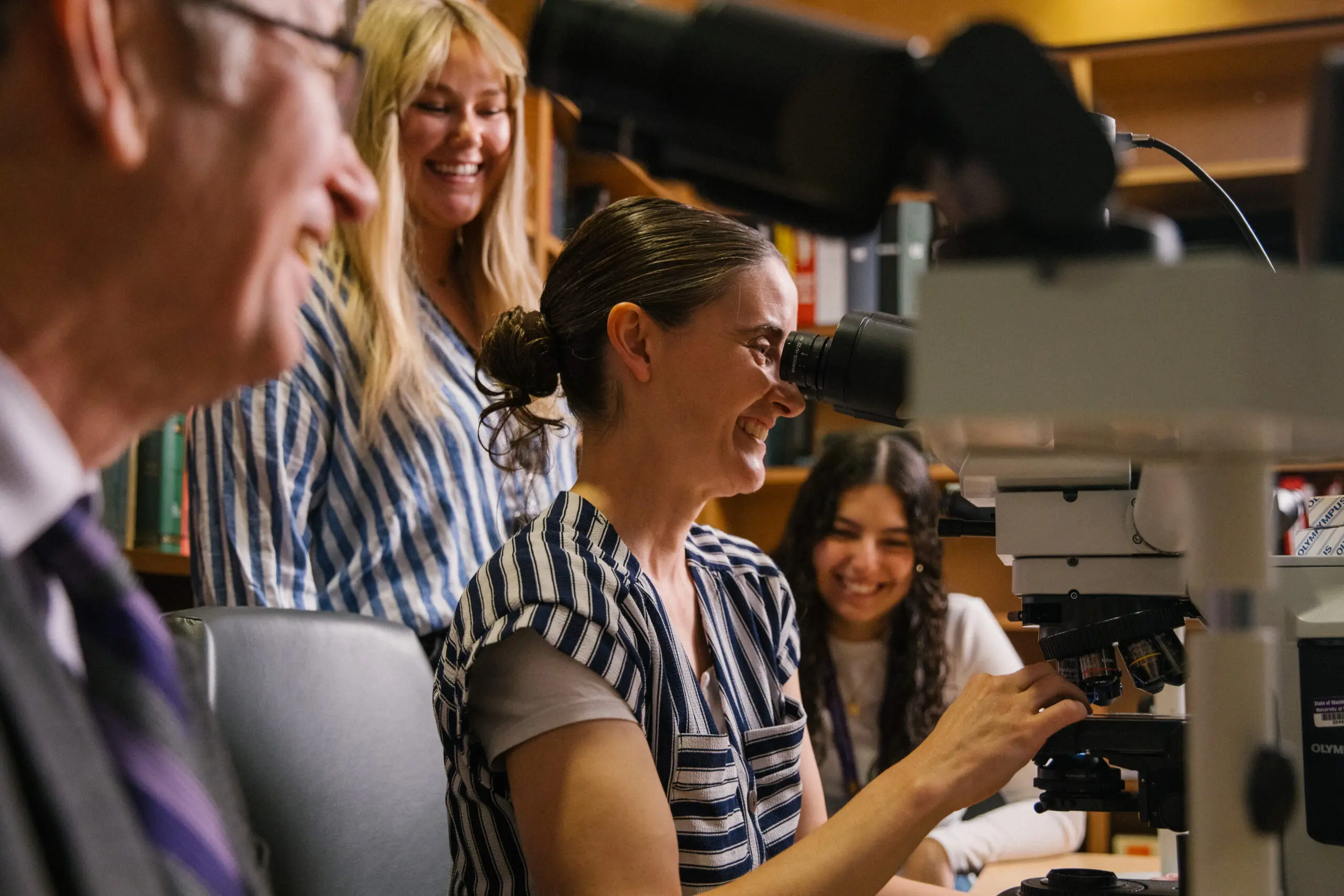At UW Medicine, we believe that preserving and restoring sight is one of the most powerful ways we can improve lives. Through leading-edge research, exceptional education and compassionate care, the Department of Ophthalmology is transforming the future of vision health.
With your caring support, we can transform lives across three key priorities — advancing vision science, training future leaders and delivering outstanding patient care across our region.
Examples of this outstanding work include:
The Karalis Johnson Retina Center is one of only three centers in the country where patients can access both advanced clinical care and the latest retinal research discoveries in a single, integrated environment.
The Center’s Computational Ophthalmology Program has already made groundbreaking discoveries linking eye diseases with Alzheimer’s disease, opening new pathways for early detection and intervention.
Research at the Retina Center also includes the development of a novel blood test for children with retinoblastoma, a rare hereditary eye cancer, which can identify which parent passed on the disease-causing gene mutation. This test holds promise for broader applications in other genetic diseases.
At the UW Medicine Eye Institute’s Vision Sciences Center in South Lake Union, researchers are using cutting-edge technologies such as adaptive optics to measure and map the retina. This unique capability allows for earlier detection and monitoring of eye disease and provides a platform to test new therapies aimed at vision restoration. These approaches explore ways to reintroduce light sensitivity to retinas affected by degeneration. Gene therapy has shown success in correcting color blindness and offers potential for treating other forms of vision loss, while small molecules are being investigated to “reanimate” remaining retinal cells, restoring their responsiveness to light.
Vision Care fellowships are providing advanced, specialized training for physicians, preparing them to become leaders in ophthalmology. Through hands-on clinical experience and exposure to the latest medical and surgical techniques, fellows gain deep expertise in their chosen subspecialty. These programs ensure a comprehensive education while serving a diverse patient population across the WWAMI region, equipping the next generation of eye care specialists to advance both patient care and vision science.











